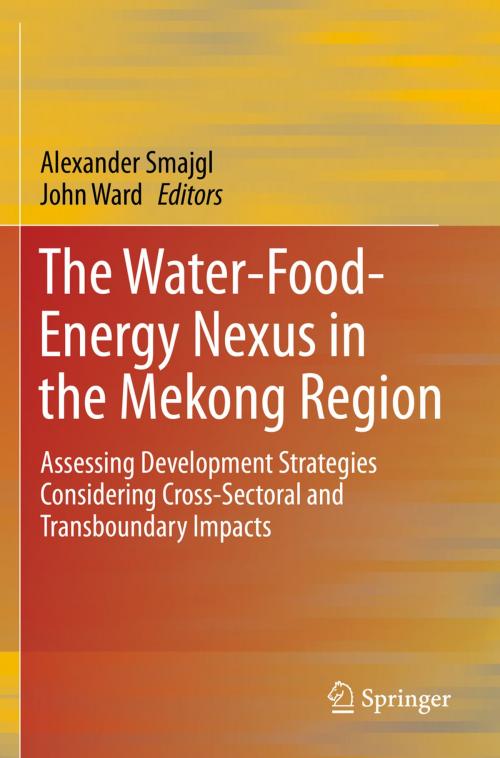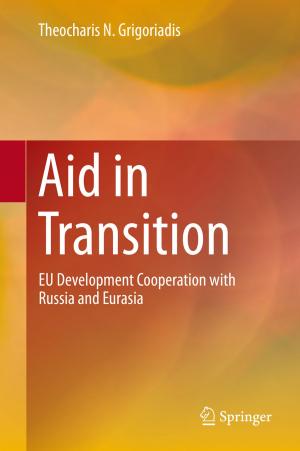The Water-Food-Energy Nexus in the Mekong Region
Assessing Development Strategies Considering Cross-Sectoral and Transboundary Impacts
Nonfiction, Science & Nature, Science, Biological Sciences, Environmental Science, Business & Finance, Finance & Investing, Finance| Author: | Alexander Smajgl, John Ward | ISBN: | 9781461461203 |
| Publisher: | Springer New York | Publication: | May 18, 2013 |
| Imprint: | Springer | Language: | English |
| Author: | Alexander Smajgl, John Ward |
| ISBN: | 9781461461203 |
| Publisher: | Springer New York |
| Publication: | May 18, 2013 |
| Imprint: | Springer |
| Language: | English |
This Brief provides a cross-sectional analysis of development-directed investments in the wider Mekong region. The wider Mekong region includes Laos, Cambodia, Thailand, Vietnam, Myanmar, and the Chinese province of Yunnan. Evidence highlights that a few critical dynamics, including human migration, natural resource flows, and financial investments, generate a high level of connectivity between these countries. Such high levels of connectivity increase complexity and the potential for ripple effects of national decisions. The emerging links between countries can unfold in financial investments, migration, or the flow of resources. As these links intensify the regional connectivity increases and over time a highly connected region can emerge, as experienced by the Mekong region. This Brief also contains a chapter at the end of the book featuring numerous charts and diagrams further illustrating the impact of development activities in the area.
This Brief provides a cross-sectional analysis of development-directed investments in the wider Mekong region. The wider Mekong region includes Laos, Cambodia, Thailand, Vietnam, Myanmar, and the Chinese province of Yunnan. Evidence highlights that a few critical dynamics, including human migration, natural resource flows, and financial investments, generate a high level of connectivity between these countries. Such high levels of connectivity increase complexity and the potential for ripple effects of national decisions. The emerging links between countries can unfold in financial investments, migration, or the flow of resources. As these links intensify the regional connectivity increases and over time a highly connected region can emerge, as experienced by the Mekong region. This Brief also contains a chapter at the end of the book featuring numerous charts and diagrams further illustrating the impact of development activities in the area.















